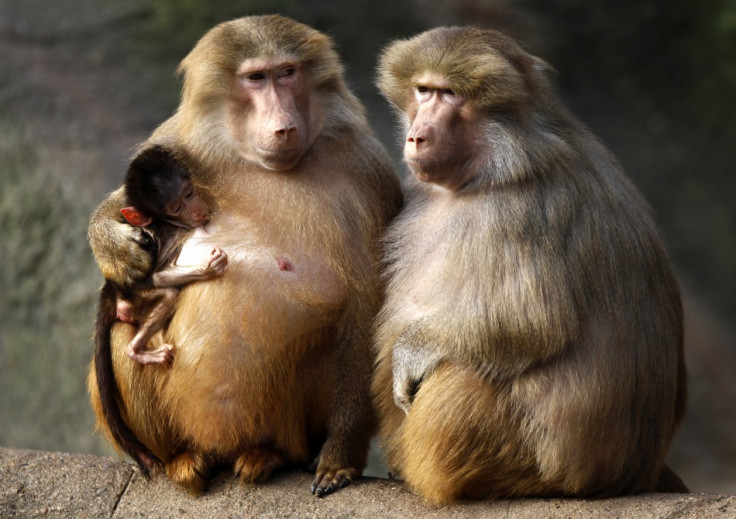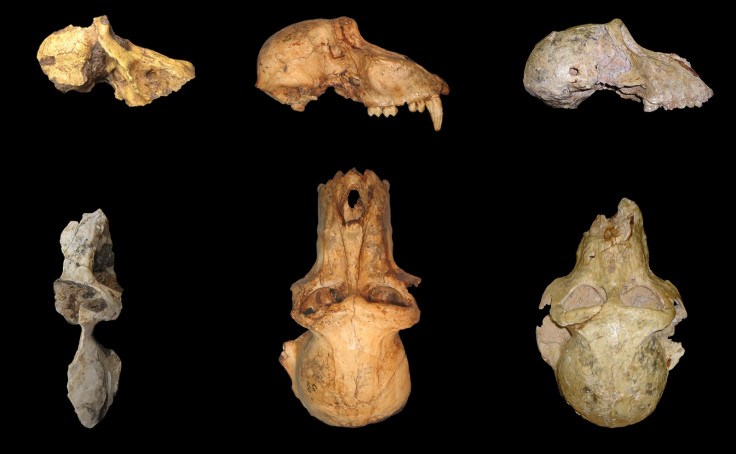Archaeologists discover earliest known baboon relative

A group of archaeologists have unearthed what they believe to be the fossilised remains of the earliest baboon ever discovered. A team from Wits University's Evolutionary Studies Institute discovered a partial skull of the monkey specimen at Malapa, in the Cradle of Humankind World Heritage Site in South Africa.
"Baboons are known to have co-existed with hominins at several fossil localities in East Africa and South Africa and they are sometimes even used as comparative models in human evolution," says Dr Christopher Gilbert, from Hunter College, CUNY, lead author of the study.
The skull was discovered at the same site as where an early hominin species, Australopithecus sediba, was found in 2010. Further excavations for the human ancestor were being carried out when the ancient baboon, which dates back more than two million years and has been dubbed Papio angusticeps, was found. The team says it is closely related to the modern-day baboon, Papio hamadryas, and "quite possibly" the earliest known member of the modern baboon's family.

Gilbert said: "According to molecular clock studies, baboons are estimated to have diverged from their closest relatives by 1.8 to 2.2 million years ago; however, until now, most fossil specimens known within this time range have been either too fragmentary to be definitive or too primitive to be confirmed as members of the living species.
"The specimen from Malapa and our current analyses help to confirm the suggestion of previous researchers that P. angusticeps may, in fact, be an early population of P. hamadryas."
The research, published in Plos One, adds that analysis of the new discovery revealed it has a similar anatomy to its modern day relative. "If you placed a number of P. angusticeps specimens into a modern osteology collection, I don't think you'd be able pick them out as any different from those of modern baboons from East and South Africa," said Gilbert.
Furthermore, the specimen could be key to help solve the evolutionary origins of the baboon, the researchers note.
© Copyright IBTimes 2024. All rights reserved.






















